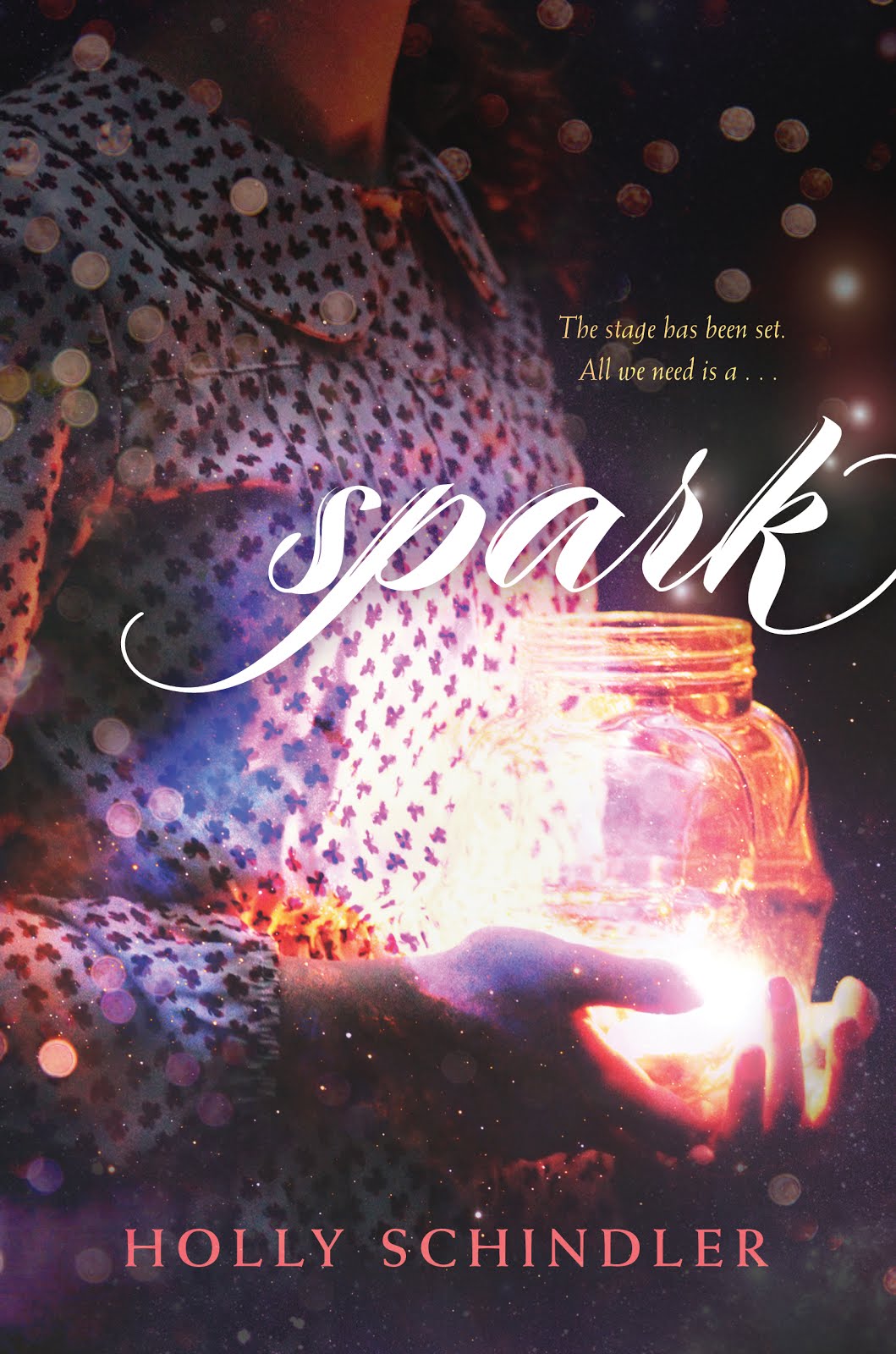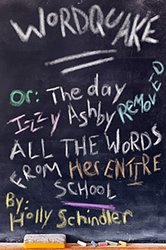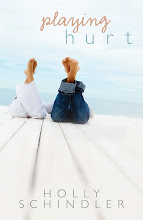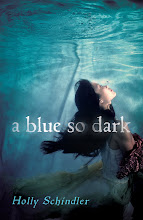Tuesday, July 22, 2014
FERAL, GENRE, AND BLOG REVIEWS
Genre may very well be the most important marketing tool a book
has. After all, genre is often the
yardstick by which a reader measures the book’s success.
Case in point: My forthcoming FERAL is a psychological
thriller—an important distinction. While
this subgenre does borrow from more action-oriented categories (for example, the
straight suspense-filled thriller, mystery, and horror), the primary focus is
on, well, the psychological. Like classic psychological thrillers, FERAL
features a Hitchcockian pace and focus on character development (here, we’re
exploring the inner workings of the main character, Claire Cain). The oft-used water metaphor (employed
frequently in psychological thrillers to represent the subconscious) is
incorporated in the form of a brutal ice storm (and represents Claire’s “frozen”
inner state, her lack of ability to move on from a violent act, though she desperately
wants to). The ending and explanation of
what has been happening in the town of Peculiar is also an exploration into and
portrait of Claire’s psyche—as it should be; the rest of the book is an
exploration of where she is mentally, as well.
Ultimately, FERAL is a book about recovering from violence—that’s an
inner process, a terrifying process. The
classic psychological thriller allowed me to explore that frightening process
in detail.
That having been said, I’ve been seeing some reviews go live
that list some of those classic psychological thriller elements (the slower
pace, etc.) as flaws. Each book is a
learning process—I would no more go back and change FERAL than I would ever
expect to change anyone’s mind who’d written a less-than-glowing review;
however, I do read all my reviews and think critically about them. This time around, the critique’s got me
thinking about the classic psychological thriller. There’s no doubt that the subgenre is
becoming less frequently represented, especially by the box office. I wonder how many young readers are familiar with Hitchcock’s work. How many know only Pyscho’s shower scene, and have never watched the rest of the
film.
I wonder about the expectations of modern, young readers
when they see the label “psychological thriller.” Do they now expect the emphasis to be on “thriller”
rather than “psychology”? Do they expect
an action-oriented piece? Is Hitchcock
even relevant anymore to young story-seekers?
I’m also incredibly curious: How do you, as a blogger, use
genre to help write your review? Do you
consider the genre (and subgenre) as you determine the success or failure of a
book? Do you review by the gut rather
than the head (it either hits you or it doesn’t)?
Subscribe to:
Post Comments (Atom)






































Well, I always put some kind of disclaimer when I review a book in a genre I don't usually read, to make sure people know I might not be as familiar with the conventions of that specific genre. Other than that, genre doesn't influence my reviews too much - my reviews are less about whether or not the author accomplished what they set out to do and more just about whether or not I enjoyed it. I guess I have different expectations for different genres - sometimes I'll expect pure entertainment, sometimes I'll expect suspense, sometimes I'll expect emotional and thought-provoking writing. But no matter what my expectations, I'll review the book simply by explaining what I liked and what I didn't.
ReplyDeleteI love psychological thrillers, so I get that it's frustrating when a reviewer complains about the slower pace when you didn't set out to write a fast-paced thriller. But I really don't think there's anything you can do - if that person was looking for a faster pace, than it's their right to complain that the pacing is slow. Another person who reads that review might then decide not to read the book because they also prefer fast-paced thrillers, or they'll decide to read it because they're a fan of slower-paced psychological thrillers. I understand that this is frustrating, especially if opinions like those translate into lower star ratings. But if reviews are just expressions of people's personal impressions on a book, then I think that's just the way it has to be; not everyone is going to love every book, and not everyone loves the conventions of every genre.
Thanks for such a thoughtful response, Hannah. I think your own reviews do a masterful job of presenting what you personally find to be strong suits / weaknesses while handling authors' work in a respectful manner.
ReplyDeleteBut I also actually really appreciate gut-responses to books--in fact, like you mention, I find that a strongly-worded negative response can actually do more to encourage someone to pick up the book for him / herself. It can actually spark greater curiosity in the book.
I agree that bloggers absolutely have the right to express their opinions (that's what blogging's all about!), and don't mind lower-star reviews; in fact, I'm glad that they push me to think critically about all sorts of issues--this time around, it's genre.
What I find really interesting--and you touched on it in your response as well--is the way genre can determine whether not a reader feels a book is successful. I recently read (and thoroughly enjoyed) TO BE SUNG UNDERWATER. I thought it was a beautifully written literary book. While it includes a love story, though, I think if you gave the book to a fan / regular reader of contemporary romance, there's a good chance they'd be incredibly disappointed--it just doesn't meet the criteria for a satisfying romance. So looking through the lens of one genre, TBSU can be considered a success; through the lens of another, it's a failure. Interesting, isn't it?
I certainly don't think there's a right or wrong way to review a book--in fact, finding your own unique voice / niche is part and parcel of developing a strong blog following of your own. Like I said, I'm just really interested in learning both whether bloggers think the conventions of the psychological thriller are in the process of changing, and in learning how much consideration is given to authorial intent when bloggers write reviews. I don't think one method of review is superior to the other. But knowing how bloggers approach a new book does inform how I craft my next novel.
The best part of the blogosphere for me is that it ALWAYS pushes me to consider some aspect of publishing in a new light. With each book, bloggers have forced me to think critically about book packaging, character development, plotting, etc. in way I NEVER would have without their feedback. I think that's seriously cool.
...And now that I've gotten your own feedback, I'm thinking I should write a post about what the releases of my previous works have taught me. Hmmm...